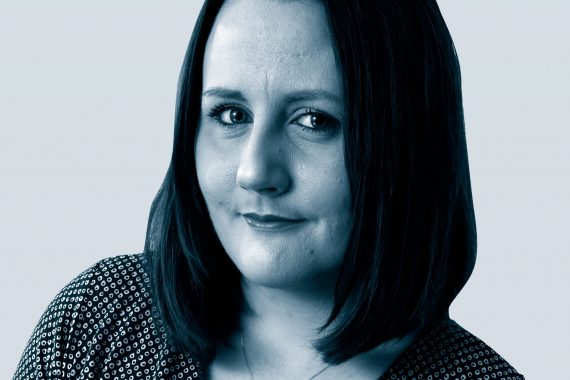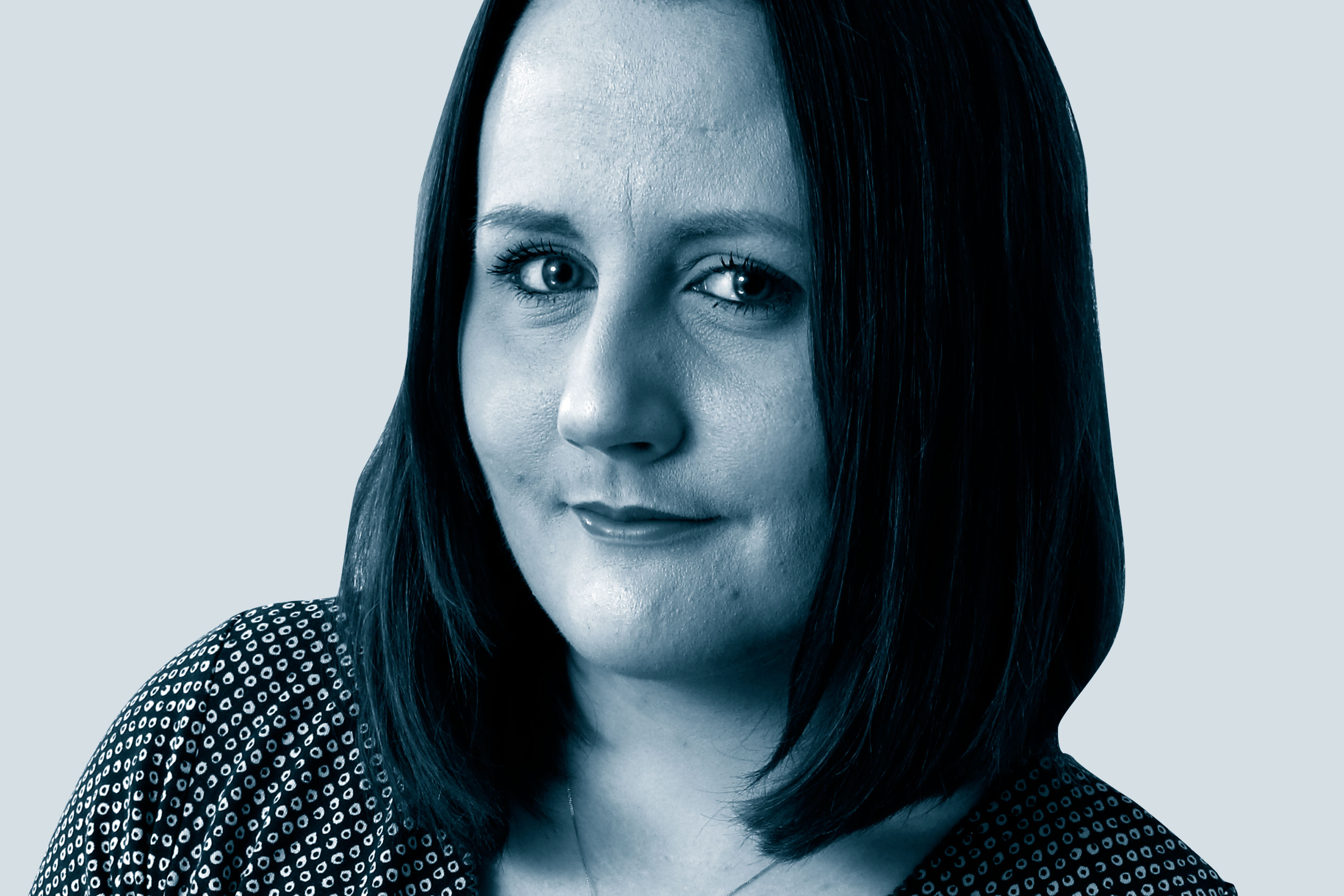Why I’m happy being ‘Heather’ to my colleagues


Most GPs would rather do a PR without gloves on than admit that Jeremy Hunt was right about something.
But in the past few weeks, he has managed to be right on two occasions: firstly, by calling for a review of medical manslaughter cases in the wake of Hadiza Bawa-Garba’s ordeal at the hands of the GMC; and, secondly, when he suggested that nurses should be able to call senior doctors by their first names.
A quick sweep of medical social media shows that his latter comment was widely misunderstood as referring to the doctor-patient relationship, and most GPs consequently ridiculed or ignored the suggestion.
I would certainly feel uncomfortable if patients routinely addressed me by my first name – the formality of being known as Dr Ryan creates a much-needed distance that helps maintain appropriate boundaries with my patients.
How will we ever have a true patient safety culture if junior doctors and nurses are routinely shouted at, belittled or ignored?
However, that’s not what Hunt was talking about. I too am vehemently in favour of flattening the hierarchy that still plagues the medical profession.
New entrants to medical school learn fast that they are at the bottom of the food chain, and in my experience, young doctors are treated little better even after they have qualified. Sadly, teaching by humiliation is still commonplace. In any other profession, would it be considered normal for a boss to pick apart a junior’s work in front of the whole team, or shout at them if a piece of work was not completed to their satisfaction?
But how will we ever have a true patient safety culture if junior doctors and nurses are routinely shouted at, belittled or ignored when they ask their seniors for help?
I have experienced first-hand the difference that a first-name culture makes. When I was an SHO on a medical rotation, I found it demoralising that, on ward rounds, the consultants would introduce themselves to patients as Dr Surname, and then would introduce me by my first name.
One day I was doing the ward round with one of the more approachable consultants, who I will call Derek Smith. As he said, ‘Hello, I’m Dr Smith’, I interjected, ‘And I’m Dr Ryan’. He paused for a second, nodded, and continued the consultation. From that moment onwards, Dr Smith not only introduced me to patients by my title, but also referred to himself by his first name when speaking to me.
It felt like an important barrier had been broken down, and there was a palpable feeling of mutual respect between us. Our working relationship was more effective as a result, and one of the other consultants in the department started to use his first name with juniors as well.
When health professionals feel unable to raise safety concerns, or if their voices are not listened to, patient care suffers. The most famous example of this is the death of Elaine Bromiley, who experienced hypoxic brain damage after anaesthetic problems during routine surgery.
The investigation into her death found that two separate nurses tried to make suggestions about how the emergency should be managed, but they were ignored. On a wider scale, the first inquiry into the Mid Staffs scandal found that a culture of bullying, in which nurses felt they could not raise concerns with senior members of the nursing team, contributed to poor care.
In this context, Hunt’s suggestion that nurses should be allowed to call doctors by their first names makes a lot of sense. The medical profession is anachronistic in this regard; you rarely hear of staff in law firms or schools being forced to call their bosses by their title and surname.
To an extent, this is a problem which affects hospitals more than general practice: many GP partnerships, including my own, encourage all members of the team to call each other by their first names.
Indeed, one of the things that most impressed me about my medical school and F2 GP rotations was that first-name culture and the sense of mutual respect it engendered. Yet there are still surgeries in which this does not happen; if this applies to your workplace, I would challenge you to ask yourself why, and what this hierarchy achieves.
It is important that seniority and experience are respected, but all members of the team make a valuable contribution to patient care. Allowing your practice team to call you by your first name won’t eliminate that hierarchy overnight, but it is an important step towards making staff feel valued and helping to keep our patients safe.
Dr Heather Ryan is a GP partner in Derbyshire
Pulse July survey
Take our July 2025 survey to potentially win £1.000 worth of tokens











